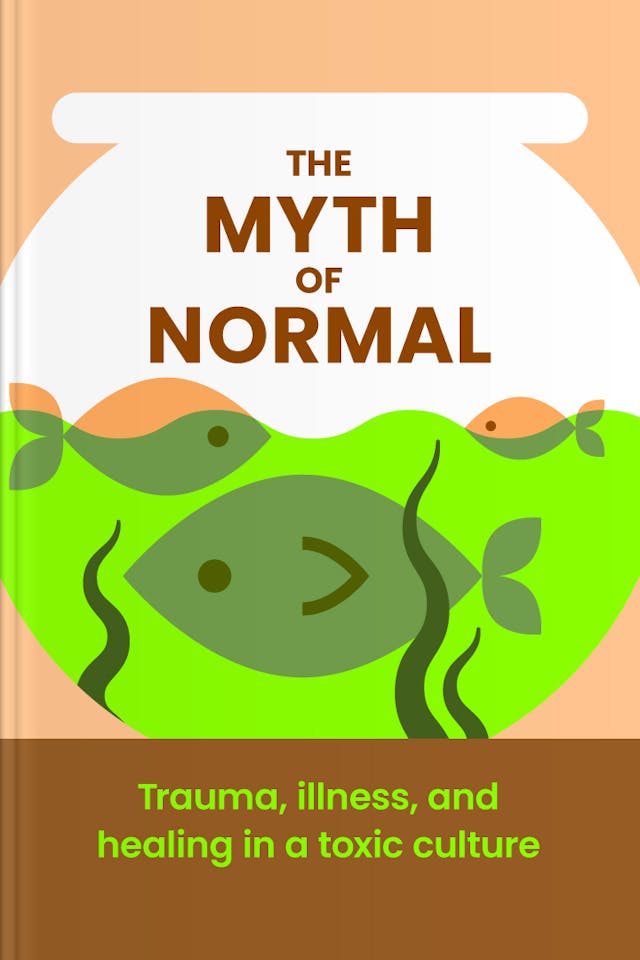You’ll learn
- Why friendly people usually get sick
- Whether marriage can prolong your life
- How to raise an emotionally stable child
- The ways doctors may jeopardize labor
Protect the world’s peace. Donate to support Ukraine

first KEY POINT
Sixty percent of American adults suffer from chronic diseases like diabetes and high blood pressure. How is this number even possible in a world with such advanced medicine and healthcare systems? People today recognize the importance of well-being more than ever before — find proof of it in various advertisements for fitness courses, diets, and psychological workshops. And yet, the statistics of general welfare leave much to be desired.There is no need to make ground-breaking discoveries to find what afflicts society. Look around — the environment and culture determine your inner world. Whether you have a toxic family, endure bullying or racism, or take emotional and physical abuse, your body will reflect all these experiences. A disease does not appear out of thin air, demanding immediate attention. It is usually an ongoing process triggered by a traumatic event.
The sad reality is people rarely notice a correlation between soul wounds and illnesses; even worse, they turn a blind eye to disturbing things or end up normalizing them. They go against their natural needs, and instead of addressing the issue, they get used to it.Once faced with the disease, people start thinking of it as an enemy; they start “battling” and “fighting” the illness, hating every moment they are in a hospital or taking medicine. Being sick is undoubtedly unpleasant; being away from family and seeing other people relish their lives might affect their mental health. But the disease can also be enlightening — it can make you contemplate things you didn't consider before or re-evaluate your life principles.This summary will unveil the truth about the suffering that surroundings can inflict on people and how to deal with them. It will be helpful information for people willing to break the chain of chronic illnesses and addictions.
second KEY POINT
Psychologists state that trauma can form in the earliest stages of development, long before a person can fully comprehend their surroundings or articulate their feelings. In one experiment, doctors observed ten infants whose mothers left them for some time. When the women returned, the babies demonstrated detachment — they refused to look at their moms, cried, and walked away. Considering how dependent infants are on their caregivers, this behavior seemed unusual. But the message children wanted to pass on to mothers was, “I don't want to go through this stress anymore, so I will detach from you.”

Continue reading with Headway app
Continue readingfirst KEY POINT
second KEY POINT
third KEY POINT
fourth KEY POINT
fifth KEY POINT